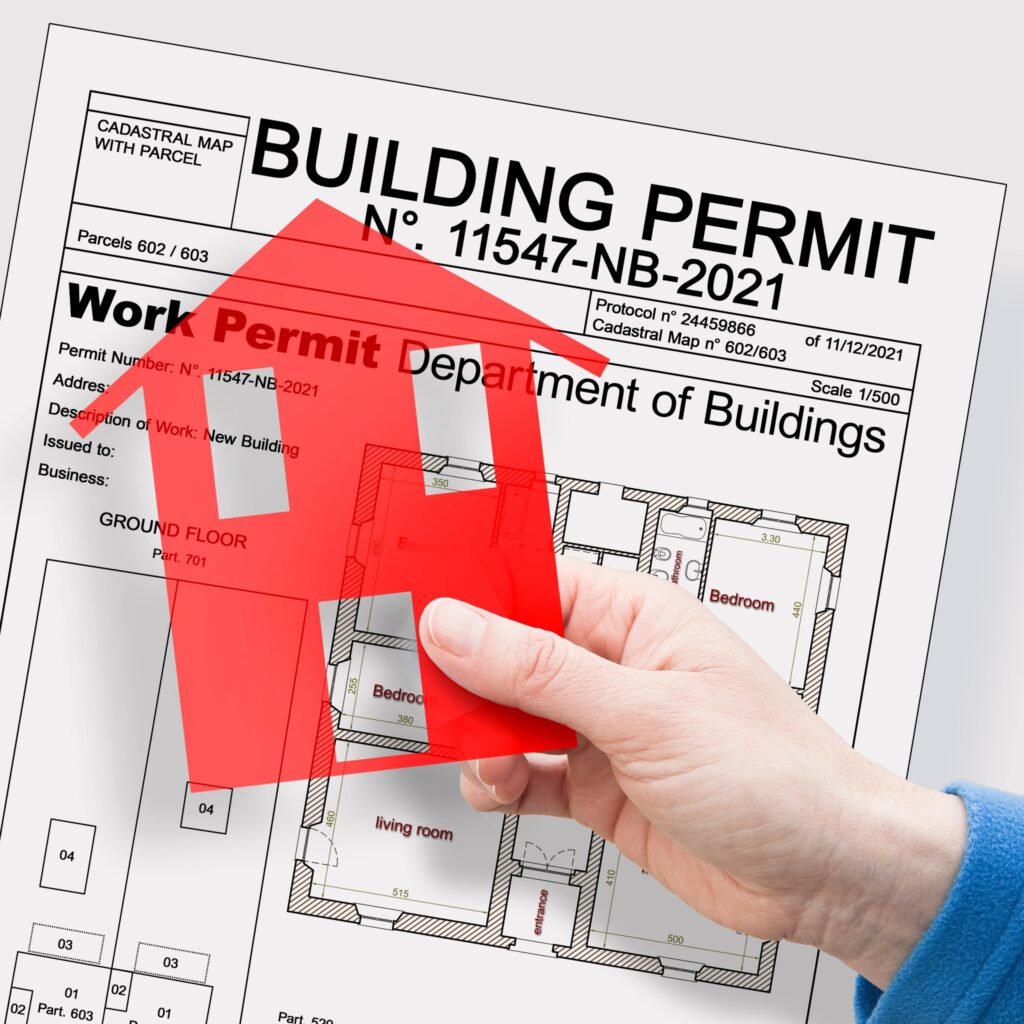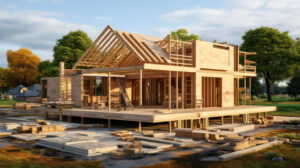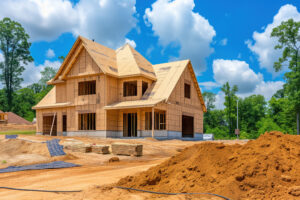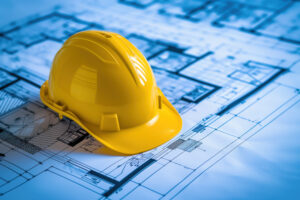If you are planning to put up a house, building, or any other kind of structure in the state of New Jersey, it makes a lot of sense to understand the different permits needed. Having this comprehension is important because it will assist in ensuring that you are compliant with the terms and conditions set by the state. These regulations have to be followed to ensure you are safely doing the construction. This article gives information on the different permits that you need.
Zoning
Another permit required focuses on zoning requirements. This ensures that your project adheres to zoning rules such as height restrictions, setback requirements, and lot coverage limitations. The main objective of this is to help maintain the character of preserved areas, ensure balanced development, and retain the integrity of the neighborhoods. Regardless of the project you are doing, be it commercial, residential, or industrial, you will need this permit so you are allowed to go ahead with the construction.
Demolition
If your project will require some form of demolition of old or existing structures, then you will need a permit for that. With it, the authorities can be sure that everything will be conducted according to their rules and regulations. For instance, they can be assured that you will not cause damage to other areas such as your neighbor’s property, or public spaces.

All you need to know regarding the construction permit
The document is issued by the municipal and it aims to make sure that the initial demolition is properly conducted and follows required safety and environmental standards. Therefore, whether you are clearing out things to set up a new development or renovating an existing one, the demolition permit is necessary.
Building
This is the first one that will be needed. It is usually necessary when commencing a new building project, be it a construction from scratch, an addition, or even an alteration. The goal for this is to make sure that your endeavor will be in line with the building codes and ethics. You need this before embarking on the project because it emphasizes on the benefits of safety measures and structural integrity.
Plumbing
The plumbing permit is another crucial requirement for new construction in the state of New Jersey. The reasoning behind this one is that it helps ensure that plumbing modifications, alterations, and installations are properly done and are in line with the state’s codes and ethics. The local building department issues this document and through it, you can now go ahead and install or change plumbing systems according to the plan.
Electrical
If you are going to be altering or installing any electrical systems while doing the project, it is important to make sure that you get this specific permit. Through it, the local government can know that you are going to adhere to set rules and regulations regarding the handling and installation of electricity. This document is meant to ensure contractors are in line with safety regulations and that any issues such as fires will not be experienced due to neglect.
Mechanical
This mostly focuses on the HVAC systems and the main goal here is to ensure that these systems are installed based on the required codes and standards. When this is done, the system will function efficiently and ensure the comfort and functionality of the building.
Environmental
Any building project affects the environment in one way or another. Due to this, it is important to protect the environment at all times and ensure minimal impact as possible. This is a crucial step especially when it comes to sensitive areas such as the ones close to natural resources. It ensures compliance with different environmental regulations like the ones dealing with habitat preservation, soil erosion, stormwater management, and wetland protection. Before it is issued, the authorities analyze different environmental impacts likely to be experienced and check whether your project is ready to mitigate them.
Regardless of the kind of construction you are doing in New Jersey, be it big or small, you need to ensure that every undertaking is according to the state laws and regulations. Failure to do this can lead to many fines and costly expenses later on. To avoid this, it is important to get the right permits. Examples of this include building, electrical, zoning, plumbing, and environmental permits. You can get this from the Municipal Construction Department or work with a professional building company that will get them for you and ensure that your project is compliant.




